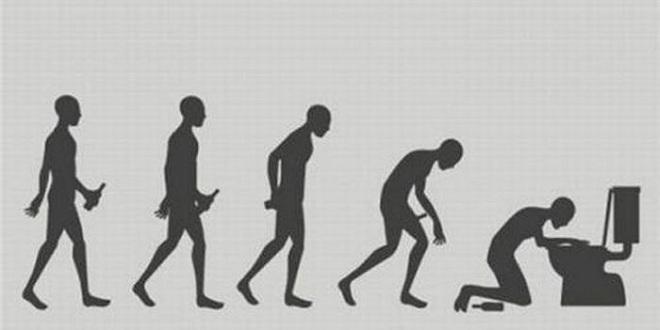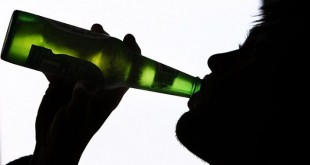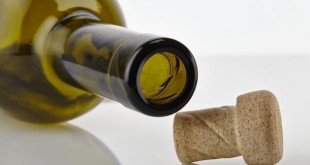Alcohol like all other substances we eat or drink must undergo digestion or metabolization in the body. This means that the body breaks the alcohol into smaller parts that it can utilize. The amount of alcohol in the blood should not exceed a certain level, when it crosses this, the amount of blood cells present to carry the oxygen decreases creating a carbon dioxide build up in the blood.
Blood contamination due to alcohol
One has to avoid this situation even when one does not consume alcohol. Eating unhealthy foods and breathing polluted air will cause the blood carbon dioxide levels to increase leading to dizziness and health problems. Alcohol hastens the process of contamination of the blood and too much could lead to a total breakdown of the metabolic activities. The person loses consciousness and may suffer low to severe dehydration.
Different tests for alcohol levels
Escape of the alcohol from the body occurs in the form of sweat, breath, and urine or as waste material. Long-term drinkers will also have traces of alcohol in their hair. So, it possible to determine the levels by testing:
· Hair
· Blood
· Urine
· Saliva
· Breath
Breathalyzer detects the alcohol content in the breath. It detects up to 24 hours after consumption of alcohol. Blood tests will show the alcohol content only for 12 hours while the urine test shows the alcohol 3-5 days after consumption. Saliva tests show varied results with period varying from 1-5 days.
Time required for removing alcohol
The blood carries the alcohol and breaks it down or sends it out. The amount of alcohol the blood can filter in an hour is 0.015. This means if the person has 0.15 level of alcohol concentration, then it will take 10 hours for the blood to remove all the alcohol completely.
Physical Conditions
This rate will slow down if the person is aged or has medical conditions that slow the metabolic rate. Fat people who are fat will find that the alcohol stays longer. In addition, if one has eaten food the rate of absorption or release of the alcohol from the body changes.
Type of the Drink
Normally, colored drinks like rum or whisky tend to linger longer than colorless liquor like gin or vodka. Ingesting the drink slowly will help to overcome drunkenness and digest the alcohol faster. The body will take about 3 hours to break down 300 ml of wine.
Strength of the drink
The time taken will depend on the strength of the drink, the type of the drink and the speed with which one drinks it. Beer has lower alcohol content normally; the body will process it fast. If one speeds up the drinking process, does not take breaks between drinks and does not drink water then the alcohol content in the blood will build up fast.
The time taken in this case will also be more. Hard liquor will also remain in the body longer because it is more concentrated. The body expels about 10% of the alcohol in the form of sweat. Sweating will decrease the amount of alcohol in the blood soon. If a person exercises, it will make him sweat and the alcohol content will decrease rapidly.
Beneficial effects of Alcohol
Limiting the amount of drinks can lead to better health and lifestyle levels. Men should try to keep their daily intake to 30-40 ml while women should restrict theirs to about 20—30 ml. Taking limited amounts of alcohol will help the metabolism and improve the overall physical disposition of the person.
 MCohol.com
MCohol.com






